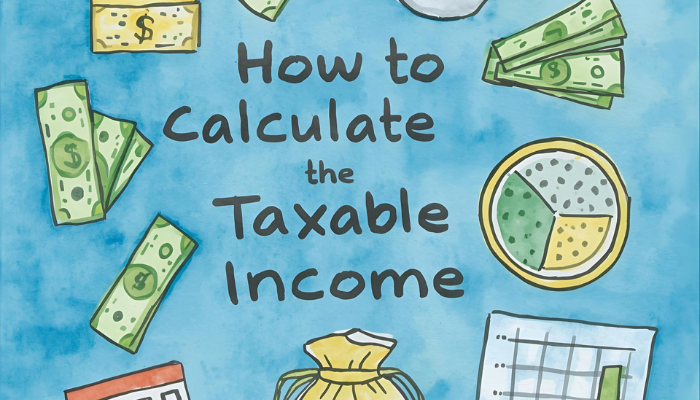
Can a Bookkeeper File Taxes?
Individuals and corporations alike may find tax season to be stressful. It is important to file taxes correctly and on time to avoid penalties and legal difficulties for which many people question, ‘Can a bookkeeper file taxes?’.
Such scenarios necessitate revealing if bookkeepers can file taxes and help in other taxation matters. It also includes their strengths and limits and how they may assist people and businesses in navigating the complex world of taxes.
Can a Bookkeeper File Taxes?
The answer to whether a bookkeeper can file taxes could be clearer than a simple ‘yes’ or ‘no.’ Let’s dissect it:
Role in Tax Preparation
Bookkeepers are necessary for tax preparation, although they seldom file taxes personally. They help people and companies organize their financial data and documentation, making the process easier for tax specialists such as accountants and tax preparers.
Here are some ways bookkeepers might help you throughout tax season:
- Financial Data Organization: Bookkeepers keep all of your financial documents tidy. They keep detailed records of their income, spending, and other financial activities. This collected data becomes essential when it comes time to prepare taxes. Bookkeepers may give tax specialists a precise picture of your financial condition, speeding up the procedure.
- Financial Statement Preparation: Balance sheets and income statements are critical examples for tax preparation. Bookkeepers may create these records, making it easier for tax specialists to grasp your financial situation.
- Ensuring Adherence: Tax regulations are complicated and constantly changing. Bookkeepers stay current on the newest tax requirements and guarantee compliance with your financial records. This decreases the possibility of mistakes or anomalies in your tax returns.
- Supporting Documents: Bookkeepers can help you gather the essential supporting documentation, such as receipts, invoices, and bank statements. Having these documents on hand makes the tax filing process go more smoothly.
Restrictions of a Bookkeeper in Tax Filing

While bookkeepers play an important part in tax preparation, they have limits when it comes to filing taxes:
Unable to Provide Tax Advice
Bookkeepers are not permitted to offer tax advice or strategy. If you require tax planning guidance or techniques to reduce your tax burden, you should speak with a skilled tax expert, such as a certified public accountant (CPA) or tax attorney.
Unable to Sign Tax Returns
Only licensed tax experts can sign tax returns for customers in most countries. Bookkeepers are not permitted to perform this function; they are reserved for CPA services, registered agents, and other tax specialists.
Complicated Tax Situations
A bookkeeper may only be able to manage your tax position if it is exceedingly complex, involving large investments, various income sources, or foreign tax issues. It is critical in such instances to obtain the advice of a competent tax specialist.
Conclusion
To summarize can a bookkeeper file taxes, it is critical to work with a licensed expert who can analyze the data given by your bookkeeper and conduct the tax filing procedure to file taxes successfully. A bookkeeper and CPA Woodlands TX working together may help people and companies effectively navigate the intricacies of tax season.
Including a bookkeeper on your financial team may help you dramatically speed the tax preparation process, decrease the chance of errors, and fulfill your tax obligations on schedule. To address the first point, a bookkeeper can indirectly assist you in filing taxes by compiling and arranging your financial records.


